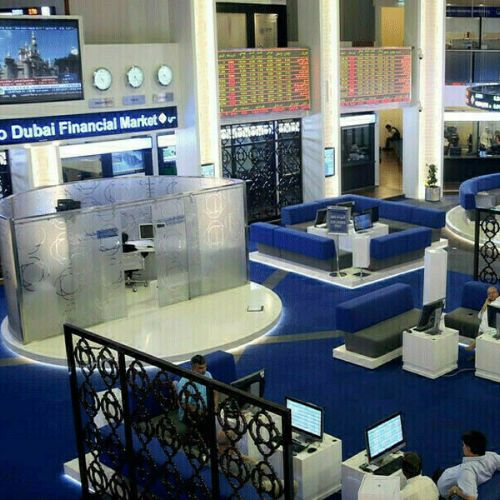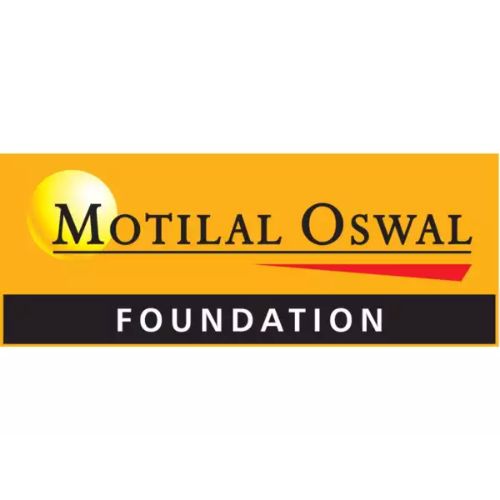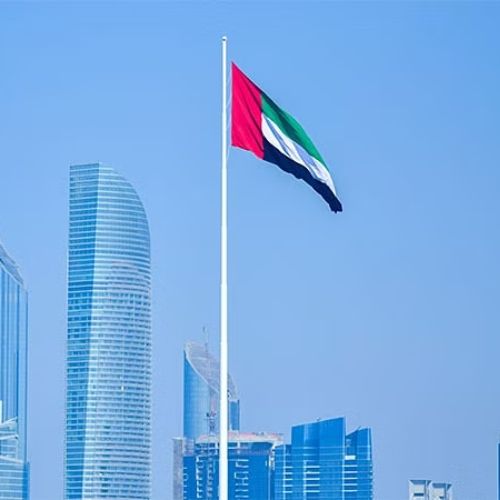Oil Prices Boost Regional Markets, Real Estate and Industrial Stocks Lead Dubai’s Rally
PC: Business Recorder
Dubai’s benchmark share index reached its highest level in more than a decade on Thursday, driven by strong performances in the real estate and industrial sectors. This significant rise reflects the positive sentiment within the market and highlights the strength of key sectors in Dubai. At the same time, most stock markets across the Gulf region also showed upward momentum, largely supported by an increase in oil prices.
Oil prices, which play a crucial role in driving the financial markets of Gulf countries, saw a modest increase of 0.1%. This rise was attributed to growing optimism about the possibility of fiscal stimulus measures in China, as well as expectations of a decline in U.S. crude oil inventories. By 0805 GMT, Brent crude was trading at $73.064 per barrel, providing additional support to the financial markets across the region.
Dubai’s main stock index climbed 0.4% to 5,101, marking its highest level in over 10 years and extending its winning streak to three sessions. Among the notable performers, Emaar Development rose 1.2%, while toll operator Salik Company gained 0.6%.
However, Dubai Islamic Insurance & Reinsurance fell 2.3% after reporting accumulated losses amounting to 73% of its capital by the end of the third quarter.
The benchmark stock index in Saudi Arabia inched up 0.2% as most sectors rose. Al Yamamah Steel Industries gained 1.8% as the company released a net profit for the full year and announced a cash dividend of 0.5 riyal per share. In the meantime, Arabian Contracting Services went up by 2.3% after signing a 563.2 million riyal contract with the Royal Commission for Riyadh City.
Abu Dhabi’s benchmark index also gained 0.2%, driven by a 1% increase in Emirates Telecom and a 0.7% rise in Alpha Dhabi Holding. On the downside, Abu Dhabi Ports slid 1.4%. The company announced on Wednesday the completion of integrating Noatum Group’s assets into its business operations.
On the other hand, Qatar’s benchmark index fell 0.2%, dragged down by losses in key stocks. Qatar Islamic Bank lost 0.7%, and Qatar Gas Transport lost 0.5%.
The performance of Gulf markets points out their sensitivity to oil price movements and corporate developments in key sectors.















